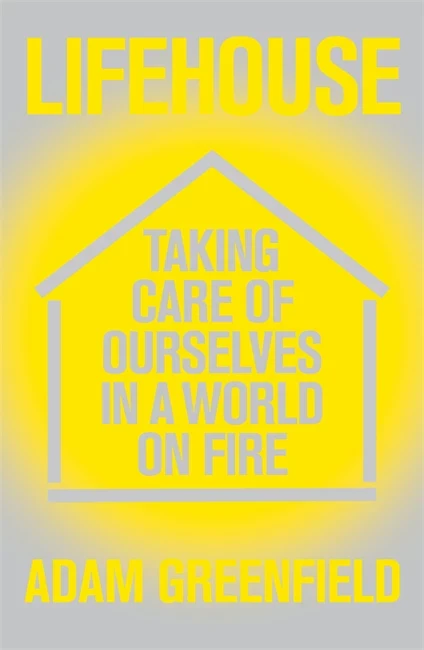xyhhx quoted Lifehouse by Adam Greenfield
In some cases, it may be possible for a community to form a special purpose land trust or the like: some legal instrument that would let it buy a derelict school or house of worship legitimately, refit it as a Lifehouse and build up a reserve fund for the upkeep, maintenance and repair that will be necessary. But gaining access to underutilized or abandoned structures, and occupying them over any meaningful period of time, will often mean summoning the courage to act outside the bounds of law. Elaine Brown explains how this worked for the Black Panthers: "If we wanted wanted to open a clinic, we took over a piece of property, we didn't pay rent. We would run an electrical line from wherever, we didn't pay for electricity. We'd go to the hospital and just steal supplies."
I know many of us struggle with such fearless directness of action, often for excellent reason. There are no upsides to getting your life tangled up with authority, for any of us, and the consequences of having done so can drag on for years even where they are not immediately lethal. But the Long Emergency has a way of clarifying the stakes of inaction. The derelict middle school on the avenue is unambiguously worth more tonight, as a shelter for bodies at risk, than the land beneath it is to some sovereign wealth fun far across the sea at some abstract time to come. At moments like this, when all that stands between people in desperate need and the possibility of their rescue is a pair of bolt cutters, the moral force and practical necessity of breaking the law are in complete alignment. all that's required of us is that we summon the courage to act.
— Lifehouse by Adam Greenfield (Page 157)

